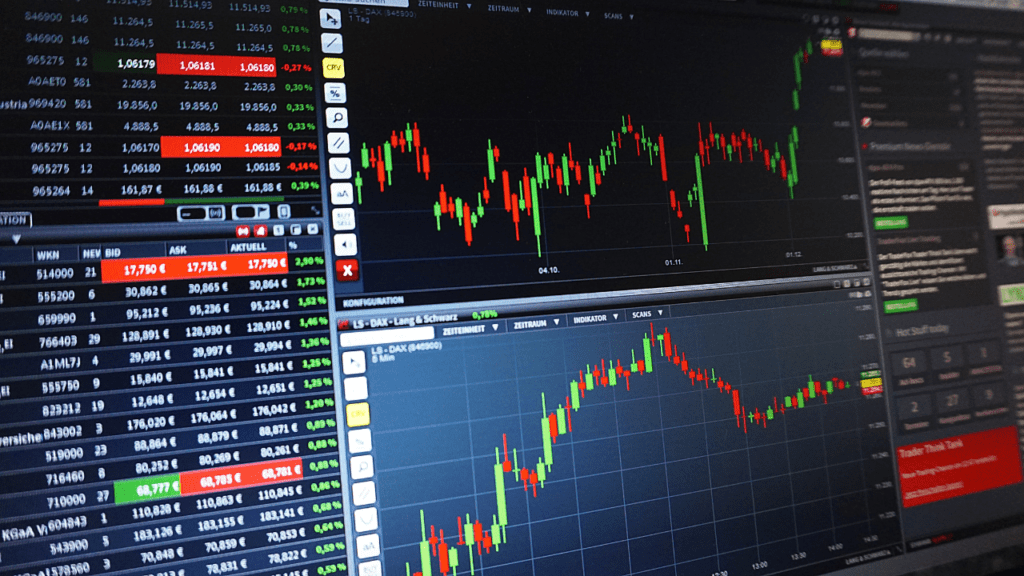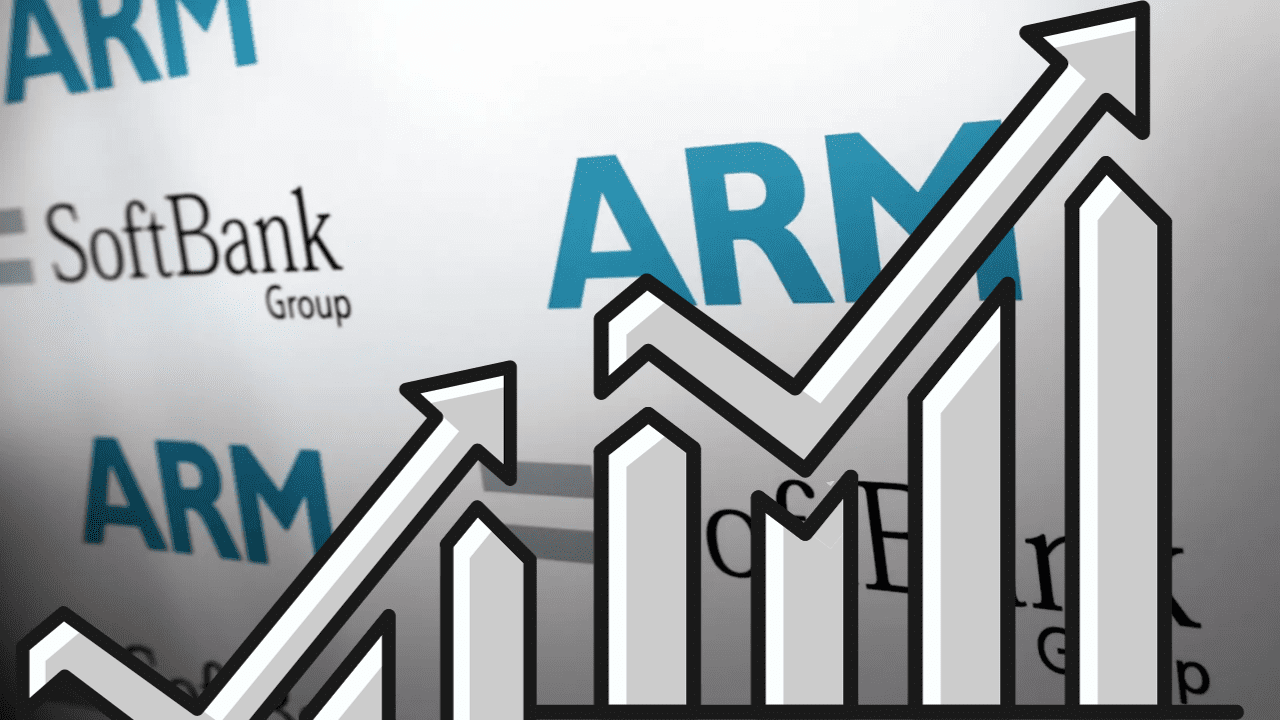As it gets ready to start trade on Thursday, the move gives the UK chip designer a value of more than $52bn.
SoftBank-backed Arm refers to Arm Holdings, a British semiconductor and software design company that is a subsidiary of SoftBank Group Corp. Arm is known for its advanced microprocessor architecture, which is used in a wide range of electronic devices, including smartphones, tablets, smart TVs, automotive systems, IoT (Internet of Things) devices, and more.
Arm’s architecture is distinct because it focuses on energy efficiency and performance, making it well-suited for devices where power consumption is a critical consideration. Unlike some other semiconductor companies, Arm does not manufacture its own chips. Instead, it licenses its technology and designs to other companies, which can then implement it in their own custom microprocessor chips.
Some key points about SoftBank-backed Arm:
Licensing Model: Arm’s business model revolves around licensing its intellectual property (IP) to other companies. This means that companies can use Arm’s designs to create their own custom chips.
Wide Adoption: Arm’s technology is widely used across the electronics industry. Many of the world’s leading semiconductor companies license Arm’s architecture.
Mobile Devices: Arm’s technology is particularly dominant in the mobile device market. The majority of smartphones and tablets use processors based on Arm’s designs.
Emerging Technologies: Arm’s technology is also becoming increasingly important in emerging technologies such as IoT devices, smart home systems, and automotive applications.
SoftBank’s Acquisition: In 2016, SoftBank acquired Arm Holdings for around $32 billion. This acquisition was a significant move for SoftBank, as it gave them a major stake in the global semiconductor industry.
Autonomous Systems: Arm’s technology is also crucial for the development of autonomous vehicles, as well as other complex systems that require high-performance, energy-efficient computing.
Partnerships and Ecosystem: Arm collaborates with a wide range of partners, including semiconductor companies, software developers, and system integrators, to create a diverse and robust technology ecosystem.
Before trading starts on Thursday, each share of UK chip maker Arm has been priced at $51. This gives the company a market value of $52.3bn.
Due to high demand, its stock was more than five times oversubscribed, so the price is at the top of a range of $47–$51 per share.
The launch has been closely watched as a gauge for tech companies that want to go public for the first time. Since electric truck maker Rivian went public in 2021 and raised about $12bn, this is the biggest IPO in the past two years. In the 18 months since the coronavirus pandemic, tech stocks have lost a lot of value. This is because the economy is unclear and interest rates are going up.
SoftBank is selling 9.4% of the company’s stock in the IPO, which will bring in about $4.9 billion. The Japanese group will still own about 90% of the company’s shares after the IPO. Based on the amount of shares in circulation after the IPO and the price, Arm’s market capitalization is $52.3bn before trading starts on Thursday. Arm is worth $54.5bn if all stock options and other rights are used. This is called the “fully diluted” value.

Apple, Google, Nvidia, Samsung, Intel, and TSMC, which use Arm’s chip designs, have said they would buy $735 million worth of Arm shares at the IPO price.
The banks that helped with the listing stopped taking orders for shares a day early, on Tuesday. There are 28 banks offering the Arm IPO, including Goldman Sachs, JPMorgan, and BofA Securities.
Earlier on Wednesday, a few bankers involved in the IPO said they thought the price per share could go as high as $52.
After a year with few deals, high demand has helped open a window for tech sales in the US.
On Monday, Instacart, an e-commerce company based in San Francisco, announced the price range for an initial public offering (IPO) that could raise up to $616mn. The group would be worth up to $9.3bn if it went public, which is less than a quarter of what it was worth when it was still private two years ago.
Monday was also the day that Klaviyo announced the price of its IPO. It said that it would sell 19.2 million shares for between $25 and $27 each. This would put a value of up to $6.3bn on the company. It was worth $9.5bn when investment investors last looked at it.
SoftBank paid $32 billion for Arm in 2016, but the IPO price will be less than the $64 billion value that was suggested less than a month ago in a deal with its own Vision Fund, a $100 billion Saudi-backed investment vehicle that is managed by the Japanese company.
This year, Arm’s main market for smartphone chips has been flat, but the company is hoping to grow its business with artificial intelligence and data center customers. This is despite the fact that Arm only plays a small part in the technology needed to build large language models like the ones that power ChatGPT and other generative AI systems.
At first, SoftBank thought that the deal would make Arm worth as much as $70bn. But its sales were flat in its most recent fiscal year, and investors are worried about a drop in profits in the last quarter and the fact that the business is exposed to many risks in China.









Leave a Comment